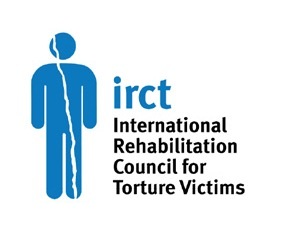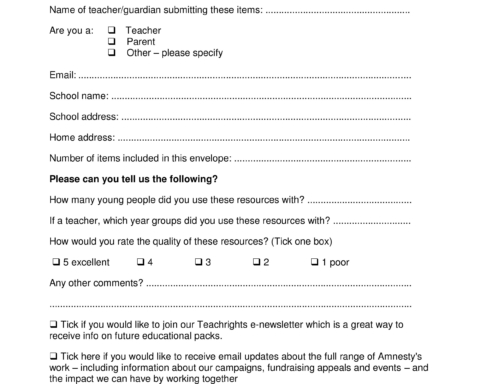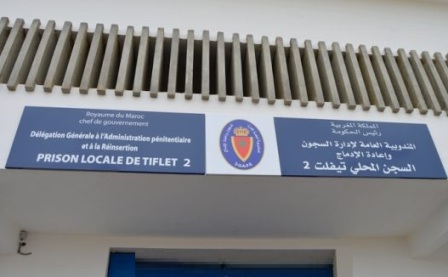17-12-2015
In a letter sent to the Moroccan Minister of Justice and Liberties, the IRCT is urging the Government of Morocco to release all medical documents pertaining to Ali Aarrass, who has been a prisoner in Morocco since 2010.
The letter also calls on an independent, thorough and transparent investigation into the treatment of Mr Aarrass while in the custody of the police and prison services in Morocco. Mr Aarrass alleges that he was subjected to torture and various forms of inhuman and degrading treatment while in prison – an allegation that is supported by medical examinations carried out by an independent forensic expert.
The IRCT’s involvement with Mr Aarrass goes back to 2012 when the Moroccan authorities provided Mr Aarrass with a medico-legal evaluation in order to assess the allegations of torture and ill-treatment. An expert from the IRCT’s Independent Forensic Expert Group (IFEG) produced a thorough and substantial criticism of the procedures and the findings of the Moroccan medico-legal evaluation. The forensic expert concluded that the report did not meet Istanbul Protocol standards and recommended that a new medical and psychological examination be conducted in accordance with the Istanbul Protocol.
Mr Aarrass was subsequently provided a second series of medical and psychological evaluations in November 2014. His legal counsel has informed the IRCT that despite repeatedly requesting the medical files from the second evaluation, the investigating judge dismissed the requests on procedural grounds. His legal counsel have asked the IRCT to assess whether the second medico-legal report meets Istanbul Protocol standards. However, the IRCT is unable to perform this assessment as Mr Aarrass and his legal counsel have been refused access to this medico-legal report.
The UN Special Rapporteur on torture and other cruel, inhuman or degrading treatment or punishment, Juan Mendez, visited Mr Aarrass in September 2012 with an independent forensic expert who examined Mr. Aarrass and confirmed that Mr Aarrass’ account of torture was consistent with the medical examinations. Furthermore, the UN Committee against Torture adopted a decision, noting that the Moroccan government had violated article 2, paragraph 1, and articles 11, 12, 13 and 15 of the UN Convention against Torture.
The IRCT letter attached the Expert Statement “On the Right of Access” to relevant medical records that was issued by IFEG and published in the peer-reviewed journal Torture. The Expert Statement details the relevant international standards for the investigation of allegations of torture and highlights the importance of access to medical documentation to that end.
As one of the initiators of the global Convention against Torture Initiative, which aims for universal ratification and implementation of the Convention against Torture by 2024, it is incumbent on the Moroccan Government to demonstrate leadership on the implementation of the Convention and to ensure that national laws, policies and procedures provide for strong safeguards against torture and ill-treatment.







